The swelling, infection, and inflammation of the gum tissue surrounding the wisdom teeth is known as pericoronitis. The last molars, comprehended as wisdom teeth, erupt in the late teens or early 20s. It typically happens close to the lower wisdom teeth.
How to treat swollen gums near wisdom tooth?
You can try the advice below to treat the sore gums around a wisdom tooth. It is crucial to remember that you should always see your dentist before attempting any at-home treatments.
Among the remedies for pericoronitis are:
- Oral hygiene/irrigators and rinses: Flushing your mouth with warm salt moisture may be a therapy option if the pericoronitis is localized and hasn't spread. Your dentist can give you an oral rinse or remove food particles and microorganisms.
- Pain medication: Aspirin, acetaminophen, or ibuprofen are examples of pain medications that you can use. You can also be prescribed a painkiller by your dentist.
- Minor operculum removal: Oral surgery to remove the wisdom teeth or gum flap may be required if the pericoronitis recurs or if the pain and inflammation are terrible. Your dentist can give the oral and maxillofacial surgeon the proper treatment.
- Antibiotics: See your dentist immediately if you have painful swelling in your cheek, jaw, or teeth. Antibiotics, typically penicillin, can treat the infection unless you are allergic.
- Extraction: You could need surgery to extract a wisdom tooth if it still won't erupt naturally. To prevent your higher wisdom tooth from cutting and reinfecting your gums, your dentist can recommend you have your upper and lower wisdom teeth out.
- Avoid overindulging in food: Hard or crunchy food should be avoided because biting into it may exacerbate the discomfort rather than lessen it.
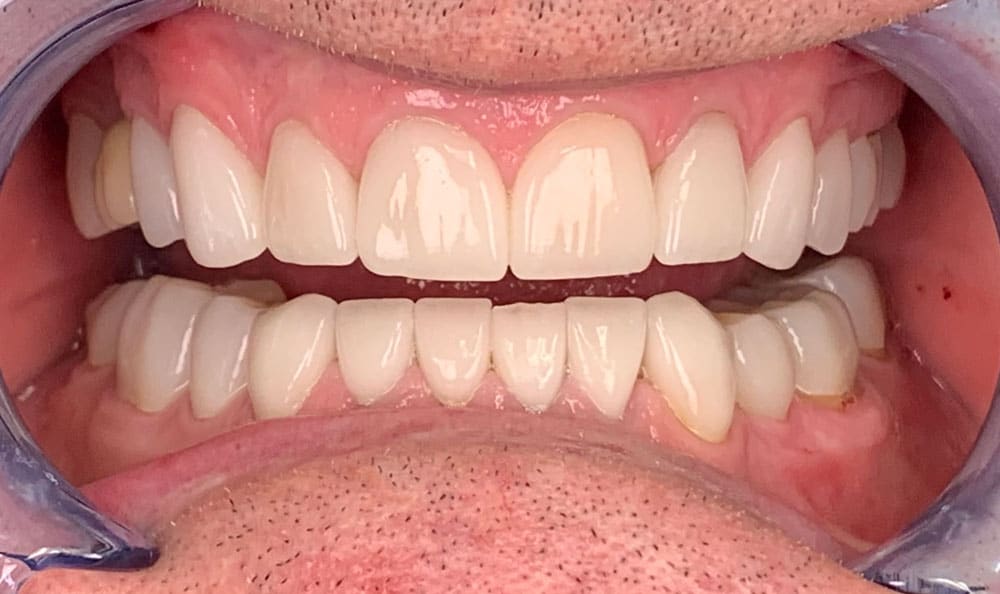
Pericoronitis symptoms included:
- Lousy breath, pus-flavored food, and trouble Expanding the jaw
- Having trouble swallowing
- Swollen gum tissue
- Sensitivity Temperature
- Appetite decline
- Being sick
- Gum tissue redness
- Enlarged lymph nodes under the mandible
How can pericoronitis be avoided?
- Pericoronitis cannot be avoided entirely. It can occasionally happen even if you practice good dental hygiene.
- Every day, skim your teeth two to three times.
- Once a day, floss between your teeth.
- Twice a day, use mouthwash with antibacterial agents.
- See your specialist regularly for cleanings and exams.
- Observe the advice for treatment from your dentist.
How does my oral health get affected by impacted wisdom teeth?
Wisdom teeth that are impacted can hurt, infect other teeth, and harm them. Cleaning wisdom teeth is another challenge. Because of this, they are more susceptible to tooth decay and gum disease. After having your impacted wisdom teeth removal, you should feel ready to get back to your regular activities in 10 to 14 days.
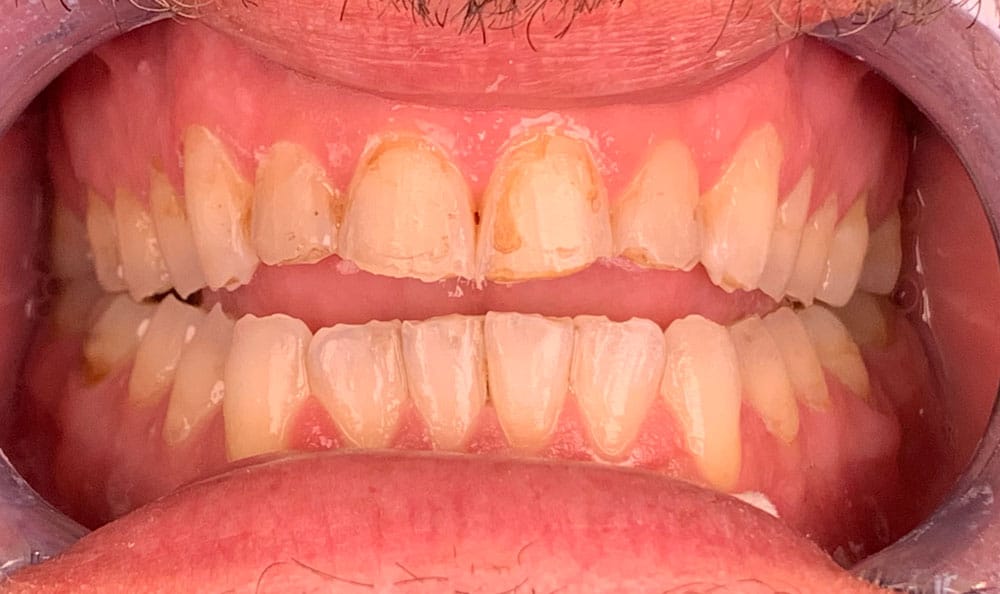
When I get pericoronitis, what should I anticipate?
Your dentist will discuss your pericoronitis treatment options with you if they find that you have pericoronitis. If you have minor symptoms, they might monitor your health. Or they might apply medicines and disinfect the affected region.
Surgery is typically needed in severe situations. You should have your wisdom teeth extracted if they are causing you problems. Recovery from this frequent oral surgery operation generally takes a week or two, and it usually takes approximately an hour to complete.
In summary
If left untreated, pericoronitis can lead to a cascade of oral health issues as well as general health issues. The illness is easily managed if detected early and addressed. While some persons with pericoronitis wisdom tooth merely need to have the gum flap or wisdom teeth removed surgically, others may require more extensive care. Find out from your dentist which course of action is best for you.
Root canal treatment is a standard remedy for dental infections deep inside the tooth's core. Unfortunately, dental infections are common because of the large amount of germs in the mouth brought on by eating, drinking, and natural occurrences.
Regrettably, there is a perception that root canal therapy is a highly unpleasant and unsavoury procedure. However, root canals are now a nearly painless and straightforward treatment with advancements in dentistry procedures and sedation/anaesthetic choices. If you are in a situation due to a dental issue or an accident, there are tooth replacement options to suit various needs and budgets.
Knowing the advantages
The following are the main advantages of root canal therapy:
Alleviate the infection's symptoms.
Many patients with infected root canals experience the following symptoms:
- Moderate to severe jaw or tooth discomfort
- Sensitivity in the mouth's surrounding area
- A bad taste or odor arrives from the tooth disease.
- High temperature
- Swelling in the jaw or gums surrounding the diseased tooth
- Having trouble opening your mouth to eat
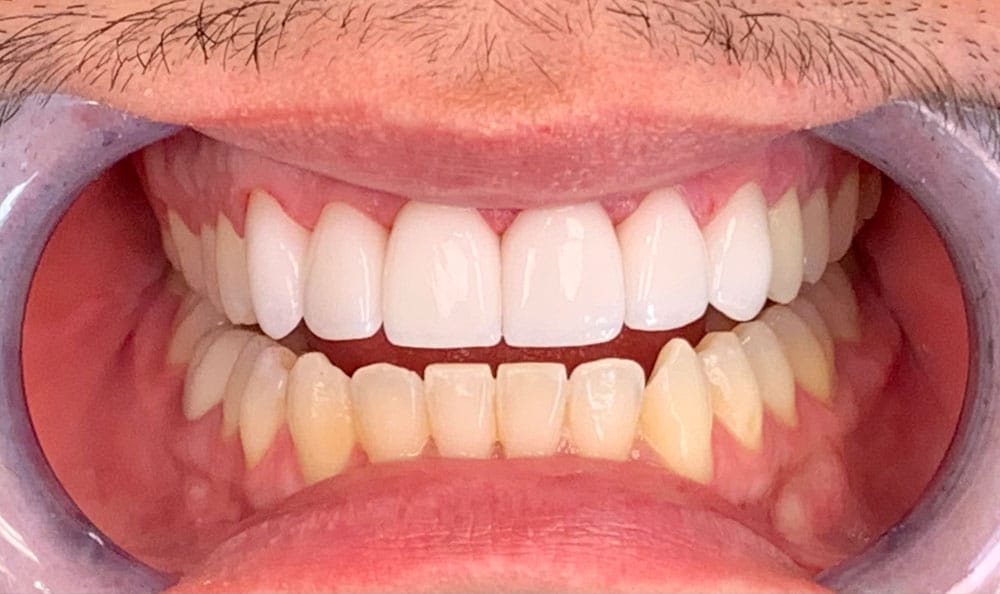
Avoid extraction
Untreated infection can loosen teeth within the jaw, increasing the possibility that they will need to be extracted or may fall out on their own. This can be avoided with root canal therapy, sparing you from an unsightly gap or needing more involved care like dental implants. If you are very nervous, you can have it while sedated.
Patients who experience moderate anxiety or who have a dental phobia frequently opt for sedation dentistry.
Enhanced look
The appearance of your diseased tooth may differ slightly from the neighbouring teeth due to fissures, stains, and color changes brought on by decay and destruction. A crown may be used to restore a tooth undergoing root canal therapy. Because the crown can be coloured to match the neighboring teeth, it can significantly enhance the tooth's appearance and give you a natural smile.
Root canal therapy risks
Anguish
You shouldn't experience any pain during the therapy itself because of the anaesthesia that will be given to you. Still, some soreness in the days that follow the surgery is quite typical. An over-the-counter analgesic can relieve this discomfort, varying in intensity from a dull aching to a brief, intense agony. Sometimes, there are traces of germs left in the tooth, leading to discomfort and infection in the weeks or months following treatment.
Erosion of the seal or filling:
The filling used to seal the root canal may deteriorate with time. If this occurs, germs might be able to re-enter the tooth's root and start the infection there. To reduce the likelihood of this occurring, your 24 Hour Dentist Near Me can advise you on how to take care of your teeth following therapy.
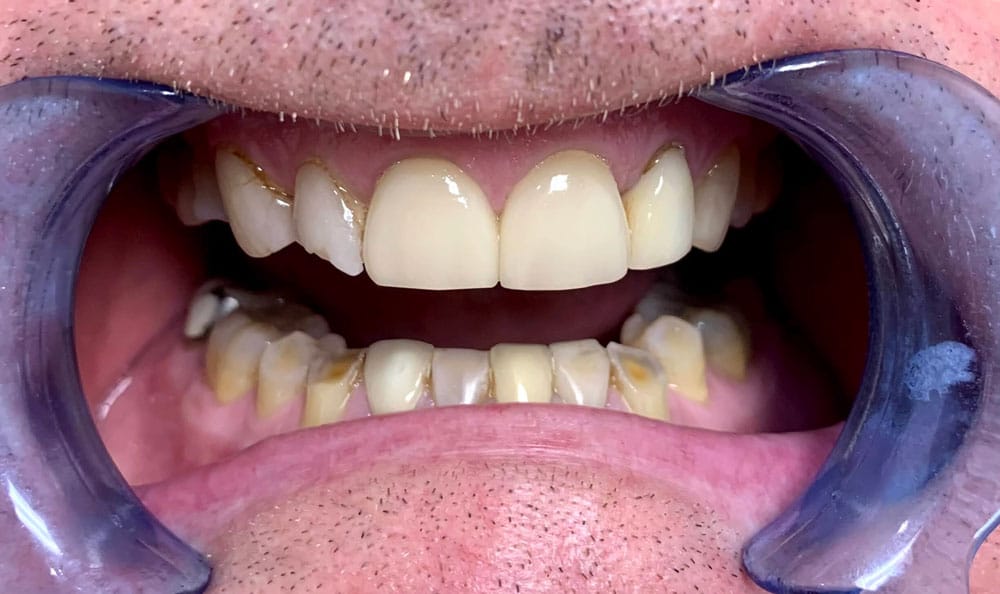
Unseen fissures in the root
Teeth with microscopic fissures run the risk of developing bacteria and becoming infected again. Therefore, your dentist should thoroughly examine your teeth to ensure that no cracks go unnoticed.
Why Is a Root Canal Required?
A root canal is required when a tooth's pulp—the soft tissue inside—becomes infected or inflamed due to deep decay, trauma, or other dental problems. Pain, swelling, and even abscesses may result from the infection's spread to nearby tissues if treatment is not received. If you do not receive treatment right away, you may be able to save the tooth and avoid the development of more severe issues. You must see Emergency Dental Care for your dental examinations if you have any emergencies.
To wrap it up
Maintaining good oral health requires understanding the significance of root canal therapy. You can avoid problems, lessen discomfort, and save an infected tooth from extraction by not postponing treatment. Arrange with a root canal specialist if dental work is needed; they can offer skilled and considerate care.
Gum swelling is a typical sign of gum disease. But there are other reasons why you can get inflamed, painful gums. Infections, hormonal fluctuations, and vitamin shortages are further offenders. Gum swelling may be a transient or chronic ailment.
How do medical professionals treat swollen gums?
The cause will determine how to treat swollen gums. A dentist or periodontist (a specialist in gum disease) can suggest swollen gums treatment if gum disease is the cause.
Typical dental procedures for enlarged gums consist of:
- Antibiotics.
- Increasing the amount that you brush and floss.
- Thorough dental cleaning, root planning, and tooth scaling
- Reduce the pockets surrounding your teeth with osseous surgery and use a laser to create a new connection.
Your healthcare professional will need to investigate the cause if you have swollen gums but do not have gum disease. If they suspect you have another illness, such as an infection, diabetes, or vitamin deficiencies, they'll probably prescribe tests.

Natural treatments for enlarged gums
You should make an appointment with a Dentist Near Me if your swollen gums persist for over two weeks. You can do the following actions at home to help with your symptoms in the interim:
- Every day, brush and floss your teeth.
- A few times a day, rinse your mouth with warm saltwater.
- Use an ice pack on your face to lessen irritation and swelling.
Is it possible for gum swelling to disappear?
Yes, with the proper care, swollen gums can disappear. Swelling may even resolve on its own in certain situations. For instance, if you remove the food particles lodged in your gums, the swelling should go away. But you'll most likely need treatment if gum disease is the source of your swollen gums. If you are in severe pain or have a condition, the best option is to see an urgent Dentist near me.
Causes:
Food fragments lodged in the teeth
Simple dental problems like food particles lodged in the teeth could cause sore gums.
For example, chewing popcorn can result in hard kernel fragments getting trapped between the teeth and occasionally in the gums. This has the potential to irritate and inflame the surrounding tissue.
Being pregnant
Even in those with excellent oral health, pregnant women may experience swollen gums.
Hormones fluctuate significantly and quickly throughout pregnancy. The gums may receive much more significant blood flow due to these hormone changes, making them more susceptible to swelling.
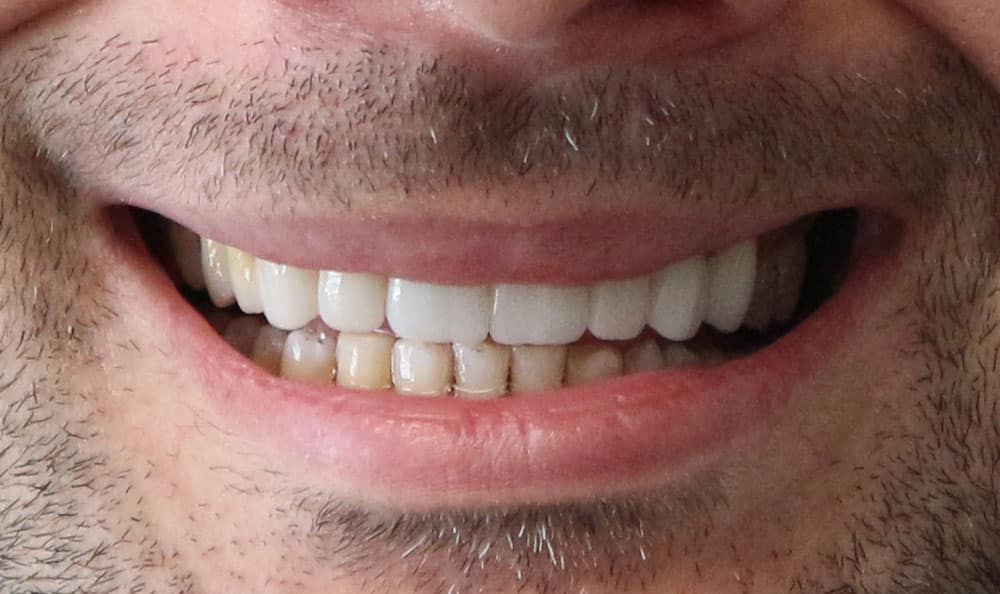
Infections
Infection in the mouth can result in problems, including gum swelling.
For example, long-term infections like herpes might result in problems that enlarge the gums. Oral thrush, a yeast mouth disease, can also result in signs like swelling.
Additional reasons
Gum swelling can also result from other medical conditions, though they are less frequent. Other potential reasons for enlarged gums are as follows:
- Malnourishment
- Sensitivity to mouthwash or toothpaste chemicals
- Adverse effects of specific drugs
- Wearing ill-fitting crowns, dentures, or other dental appliances
You must visit Walk In Dentist near you if you have dental emergencies, such as gum swelling and cracked teeth.
Conclusion
You should be concerned if you detect swollen gums when you look in the mirror. Gum inflammation is a sign that something is off with your body. The most frequent cause is gum disease. However, other medical disorders like diabetes, hormonal imbalances, and vitamin deficiencies can also be distinguished by sore gums. Inform your emergency dentistry if your gums swell for more than two weeks.





